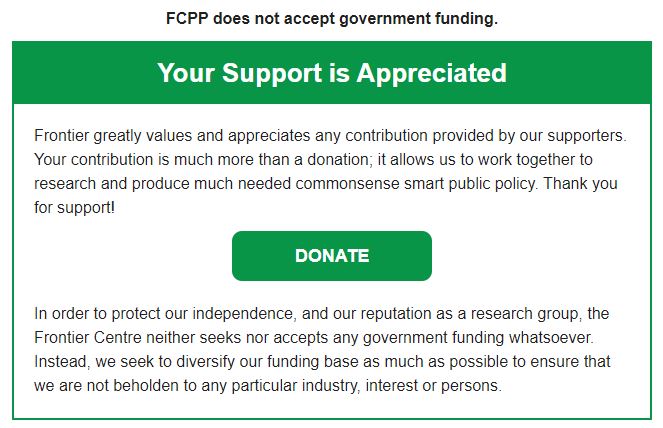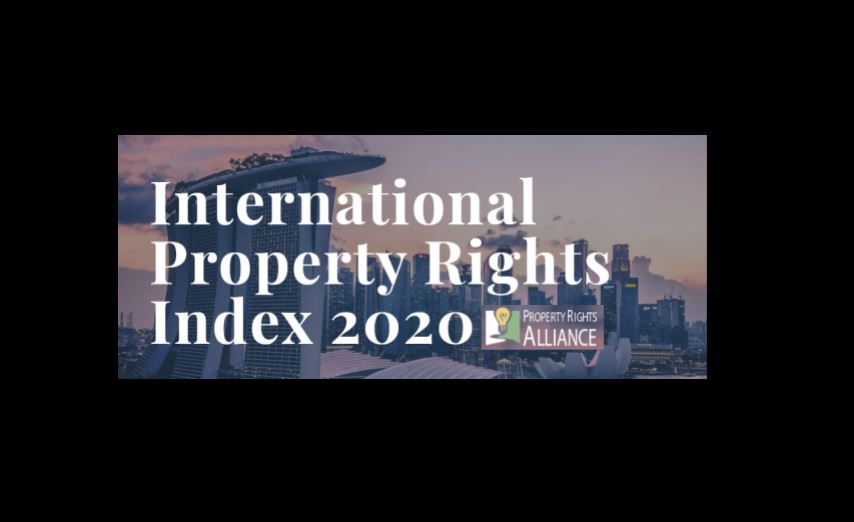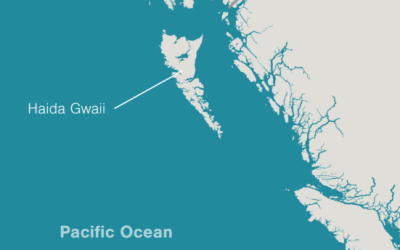2020 International Property Rights Index Released
The global index ranks property rights protections in 129 countries,
covering 98% of world GDP and 94% of world population.
Washington DC– Property Rights Alliance, in cooperation with 122 think tanks across the world, today released its the 2020 International Property Rights Index. The Index is the world’s only index measuring the strength of physical property rights, intellectual property rights, and the legal and political environments that contain them.
The IPRI Global Launch will be broadcast Tuesday November 24 at 10:00 am EST to 11.30 am EST
The pandemic has quickly spread to all the continents and the world is expecting a vaccine that will stop the fear. Property rights are critical in transforming innovation potential into market value. An effective property rights system is embraced by all sectors of industry and has increased human prosperity and social security, giving confidence to individuals and businesses to invest in land. According to Dr. Sary Levy Carciente, author of IPRI “it constitutes a positive feedback loop with freedom. Moreover, the literature reporting the positive and strong relations between property rights and prosperity, a better quality of life, and the development of virtuous social circles, is prolific. This has been shown by the International Property Rights Index (IPRI), in all its editions.”
Three countries — Finland, Switzerland, and Singapore — have achieved the highest property rights protections, according to the 2020 International Property Rights Index.
Renowned economist Dr. Hernando De Soto said, “Property rights guarantee freedom and provide incentives allowing people to live and work for a purpose and not be locked out of the formal economy. Without an integrated formal property system, a modern market economy is inconceivable. I consider it a great honor to introduce the International Property Rights Index and to support the work of the Property Rights Alliance in their mission to cultivate public dialogue on the essential role of property rights in economic advancement around the world.”
Property rights are an essential component of prosperous and free societies. Τhe 129 countries included in 2020-IPRI have a population of 7.3 billion people representing 93.91% of world population, showing that 73% of that population lives in 84 countries with an IPRI between 4.5 and 7.4. Almost half the sample population (48.9%) lives in 29 countries with a middle score of this index, [5.5-6.4].
On the release, Lorenzo Montanari, Executive Director of Property Rights Alliance and Editor of the Index says that “during this pandemic time, now more than ever it is evident how innovation and intellectual property rights are playing an important role in finding solutions to Covid-19. Property Rights are not only one of the most important pillars of any free society but also human rights as stated in the art.17 of the U.N. Universal Declaration of Human Rights.”
Key Findings
As an average, the sample of the 129 countries showed a score of 5.73, where the Legal and Political Environment (LP) was the weakest component with a score of 5.14, followed by the Intellectual Property Rights (IPR) component with a score of 5.55; Physical Property Rights (PPR) was the strongest component with a score of 6.5.
Although the 2020 IPRI average score is 5.728, when population weighs in, it is reduced to 5.649, which is a decrease of 1.03% from last year (5.7086). However, there is an improvement if compared to 2018 IPRI-population (5.645) and 2017 IPRI-population (5.522), presenting a promising scenario where more people around the world enjoy property rights protection.
Three countries, Finland, Switzerland and Singapore have achieved the highest property rights protections. Finland remains 1st overall in protection of property rights, with a score of 8.654. While the trade war between China and the Unites States has drawn attention to the importance of intellectual property rights, the IP gap remains the same. United States experienced a score of 8.050, while China got a 6.045 score.
The IPRI in its 14th edition also includes four case studies from think tanks around the world: Τhe Case of Peru: The Mystery of Capital among the Indigenous Peoples of the Amazon by Dr. Hernando de Soto, Instituto Libertad y Democracia (Peru).
Undoing 26 Years of Progress: Property Rights in South Africa by Jacques Jonker and Martin van Staden, Free Market Foundation (South Africa).
Multipurpose Cadastre Project and Its Role in Property Rights Protection in Colombia by Carlos Augusto Chacón Monsalve and María Fernanda Gallego, Instituto de Ciencia Política Hernán Echavarría Olózaga, Colombia.
Innovation Accelerated: Factors Enabling Rapid COVID-19 Vaccine Development by Philip Thompson and Mary Ann Cortese, Property Rights Alliance, USA
The Executive Summary can be found here.
The complete dataset with country profiles and a country comparison tool can be found here.



